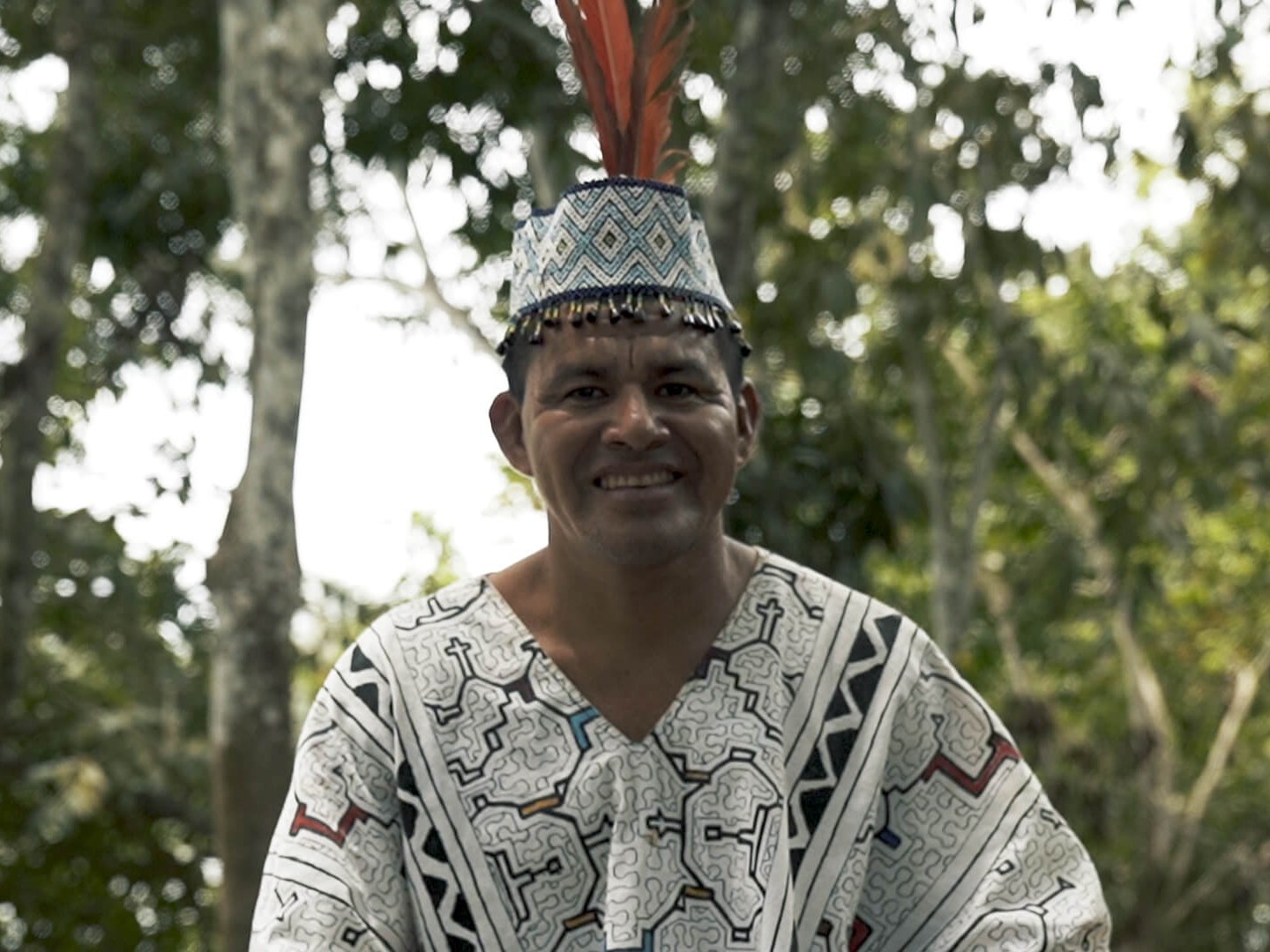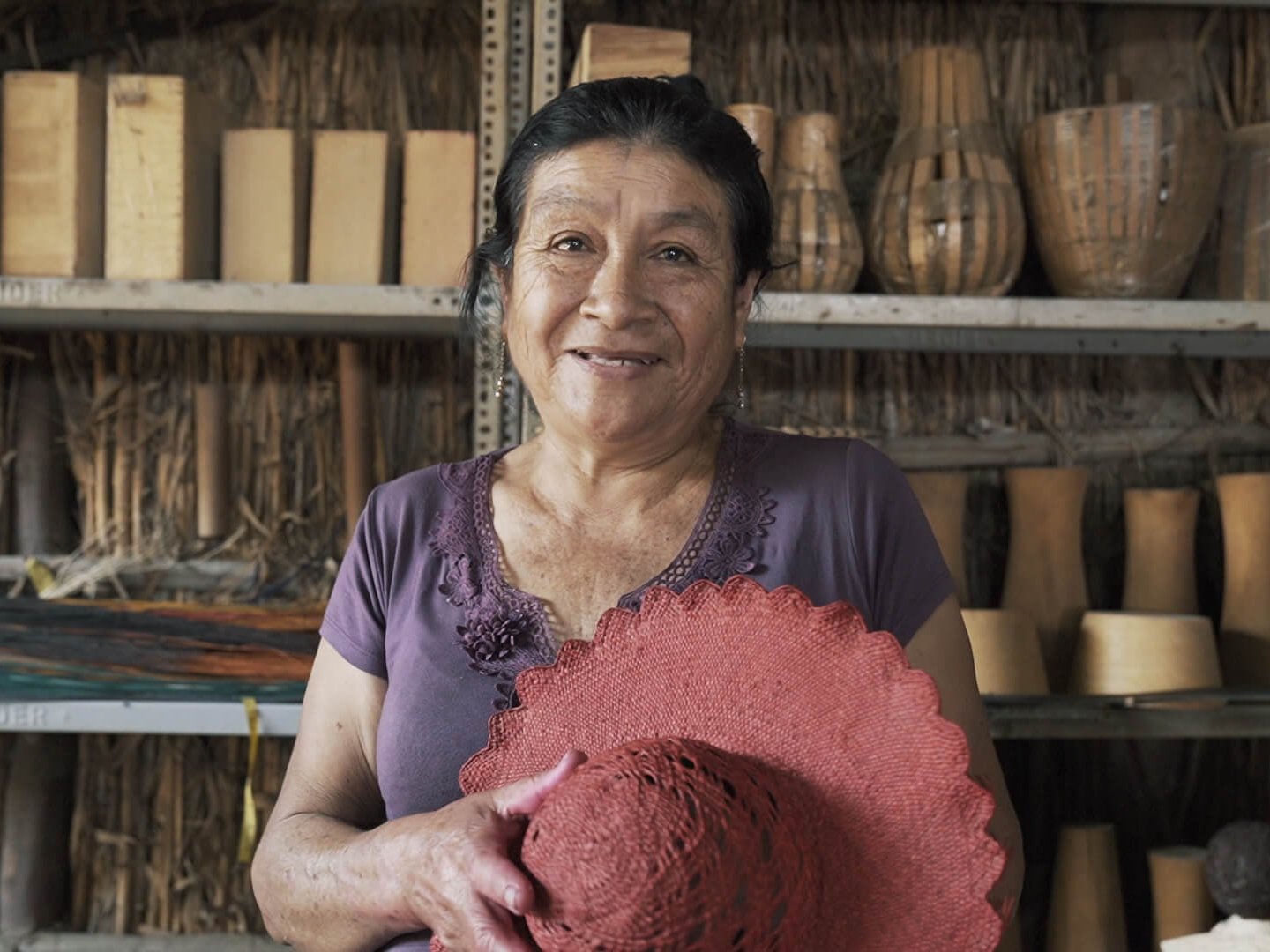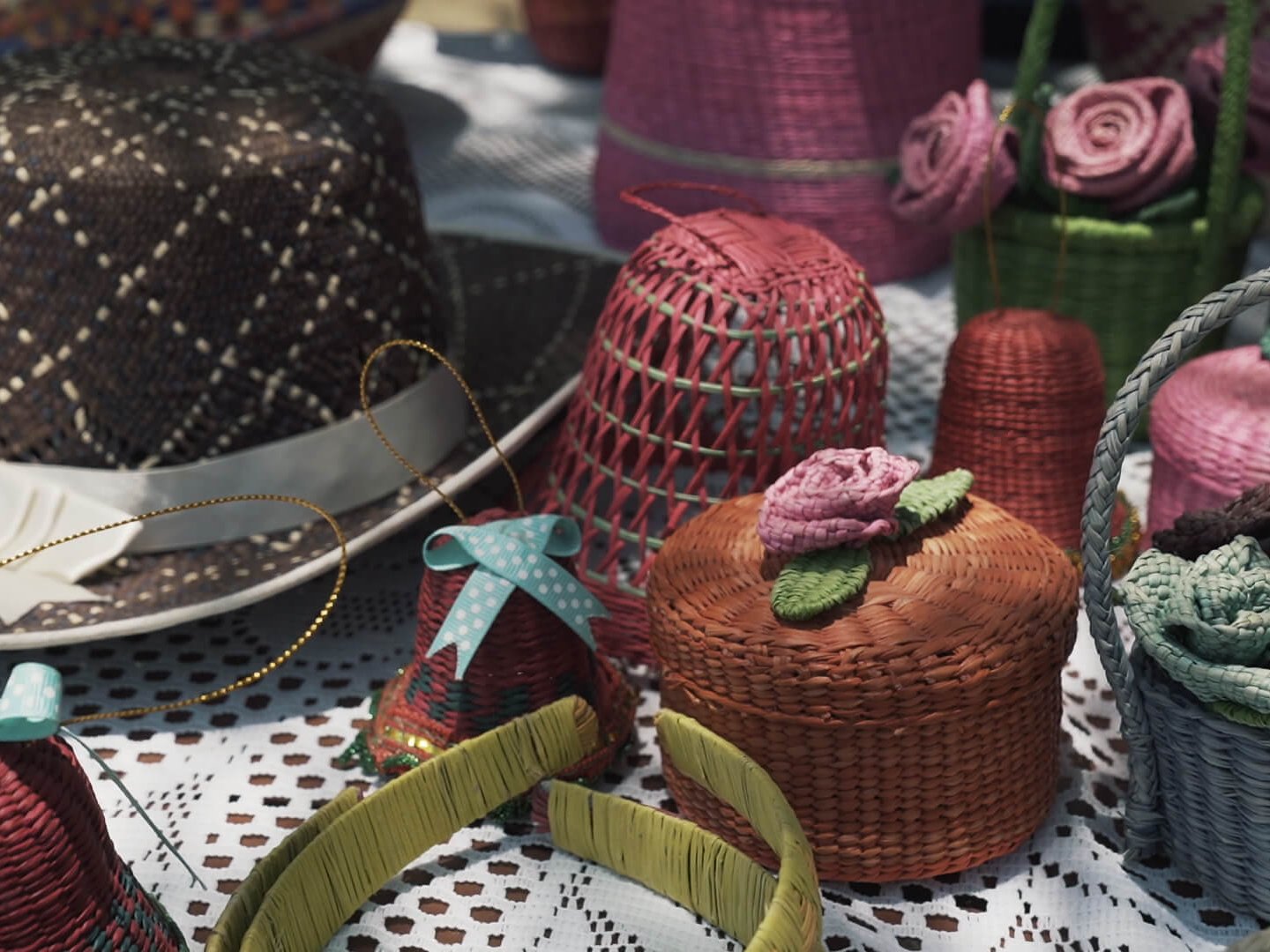Leer en Español.
The bank system in Colombia is fine for people who have money and live in the cities, but it doesn’t really include people like me.
M y name is Rubén Darío Jaramillo. For most of my life I was a fighter for FARC, the Revolutionary Armed Forces of Colombia. I fought for 34 years against the national government, until our leadership agreed to end the war in 2016 after more than five decades.
After a long and complicated peace process, over 13,000 fighters like me gave up their weapons and began new lives in what were called “reintegration and training” zones across Colombia. I settled in a zone with another 200 or so ex-fighters, near the town of Icononzo in the centre of the country.

We didn’t lose the social justice ideals that were part of FARC – we just had to find a new way of moving forward that wasn’t war.
During wartime, fighters had very little contact with the outside world: we had no phones, didn’t go to the city very often, and didn’t really need money, because the FARC took care of us. When the war ended, this changed quickly. For example, we had to learn many new things like how to look after our own money, how to use technology like WhatsApp and Facebook, how to use and top up mobile phones, and how to use cash machines. We didn’t lose the social justice ideals that were part of FARC – we just had to find a new way of moving forward that wasn’t war.
As part of the peace deal, the government gave ex-fighters a monthly amount of money — 90% of the minimum wage for an eight-year period – if we did not run into problems with the law. The idea was to help us save money and lead a peaceful life. For many of us living in remote rural areas, the money still falls short. This is mainly because it is put into our new bank accounts, which we can only access if we pay a lot to travel a long way to the nearest bank or cash machine. The bank system in Colombia is fine for people who have money and live in the cities, but it doesn’t really include people like me.

We all put in the money the government was giving us and started working on some business ideas.
Because I didn’t feel secure about money, I joined some colleagues from my FARC days to start a cooperative. We all put in the money the government was giving us and started working on some business ideas. We worked on several projects mainly to do with agriculture and livestock. But none of them were successful because there is a lot of competition in Colombia’s economy.
We were getting frustrated, but then someone came up with the idea of starting a brewery. Everybody likes beer, right? So we started a very basic business producing the first few batches of “La Roja” (The Red One) for friends. Then a Facebook post about us went viral—and we began getting orders from bars around the country!

Now, just a few months in, our cooperative has grown to 25 members. We regularly learn from expert brewers to improve our technique and quality. Our beer is now well-known, but unfortunately we can only manage a small number of orders. Our capacity is maxed out at 1,200 liters every 20 days. To increase this we need investment of around $100,000. But none of us have any credit history, so we can’t get a loan or credit.
Despite all this, we still see the project as the best way for us to be more self-sufficient – as individuals and as a community. I’m very proud of how far we’ve come with La Roja.

Ramón Campos Iriarte is a journalist, producer and filmmaker with a photography and journalism background, and extensive experience working in the field. His multimedia documentary on the Syrian refugee crisis, “The New Promised Land”, was nominated for a Gabriel García Marquez Journalism Award in 2016. His short documentary “The Holdouts”, about the Colombian civil war, premiered at the 2017 Tribeca Film Festival.
Photography by Ramón Campos Iriarte.
For more on identity in a digital age, join our Facebook group.





